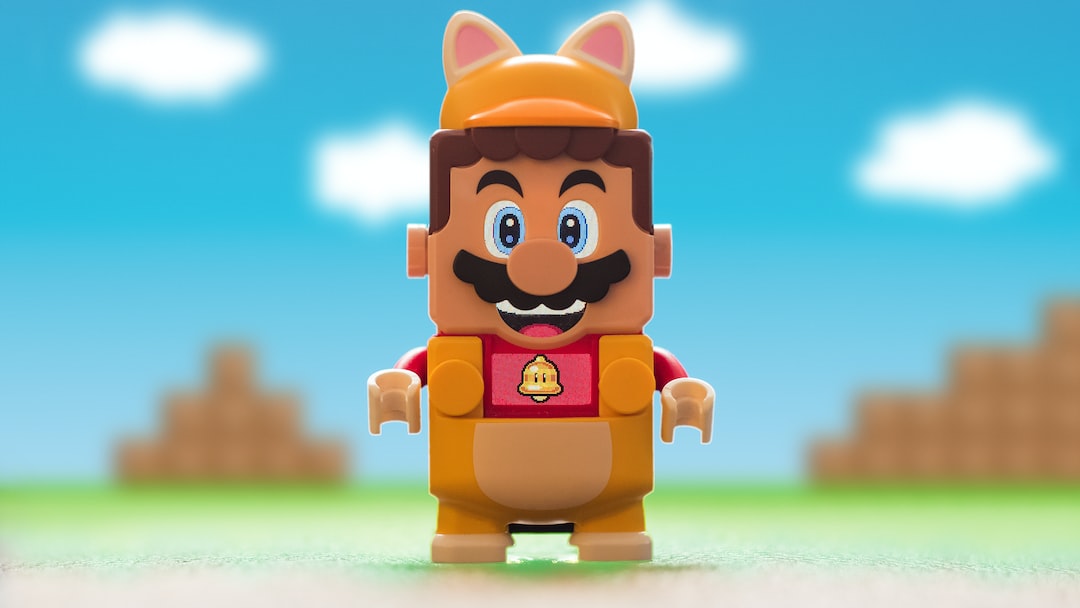The Role of Women in the Gaming Industry
Video gaming has become a prominent part of our society, with millions of people around the world playing games daily. Initially, the gaming industry was considered a male-dominated domain, but in recent years, there has been a significant shift, and women are making their mark. More women are stepping into the world of gaming, not just as players, but also as developers, streamers, and industry leaders. This blog post will explore the role of women in the gaming industry and shed light on their contributions and challenges.
Historically, the gaming industry has been predominantly male, catering to a male audience. Many games were targeted towards boys and men, leading to a lack of representation and diversity. This exclusionary landscape dissuaded many women from participating actively. However, as gaming evolved and reached a wider audience, women started to gravitate towards this form of entertainment.
One significant shift occurred when mobile gaming became popular, attracting a broader, more diverse range of players. With the advent of mobile gaming, women found an accessible and inclusive platform to enjoy games. Today, mobile gaming has empowered women to express their creativity, engage with their communities, and even make a living through various gaming opportunities.
Women’s entry into the gaming industry has substantially increased representation in characters and storylines. Female protagonists, with depth and agency, have become essential in many games. This shift has not only made gaming more inclusive but has also introduced a rich tapestry of experiences and perspectives into game narratives.
In recent years, we have seen a surge in successful female game developers. Women like Brenda Romero and Amy Hennig have made significant contributions to the industry, creating engaging and innovative games that have captured audiences worldwide. Their success has shattered the stereotype that only men can excel in the field of game development.
Moreover, women are not just behind game development but also taking up roles as streamers and content creators. Platforms like Twitch and YouTube have given a voice to women gamers, allowing them to build communities and engage with their audience on a personal level. Female gamers are no longer bound by societal expectations or the male gaze but are empowered to showcase their gaming skills and share their passion with the world.
However, the road to equality and inclusion in the gaming industry is not without obstacles. Women face significant challenges, such as online harassment and the perpetuation of gender stereotypes. Toxic online environments often dissuade women from participating in online multiplayer games or pursuing careers in the industry. This issue needs to be addressed by gaming communities, developers, and platforms, working together to create safe spaces for women in gaming.
Representation remains a crucial issue within the gaming industry. While progress has been made, there is still a need for more inclusive and diverse characters across all game genres. This extends beyond just gender, encompassing race, ethnicity, and body representation. Game developers should strive to represent their diverse player base accurately, making everyone feel seen and included.
To bridge the gap and inspire more women to enter the gaming industry, it is essential to provide mentorship and networking opportunities. Organizations like Women in Games and Girls Make Games are paving the way by offering support, resources, and scholarships for women interested in pursuing their dreams within the gaming industry. It is through such initiatives that we can engineer a more gender-equitable future for the gaming world.
In conclusion, the role of women in the gaming industry has evolved significantly, breaking barriers and initiating essential change. From players to developers, streamers to industry leaders, women have made significant contributions and continue to challenge the status quo. However, there are still challenges to overcome, including online harassment and representation issues. By addressing and actively working towards creating a more inclusive and supportive environment, we can ensure that women thrive and excel in the gaming industry. It is time to acknowledge and celebrate the integral role women play in shaping the future of gaming.
